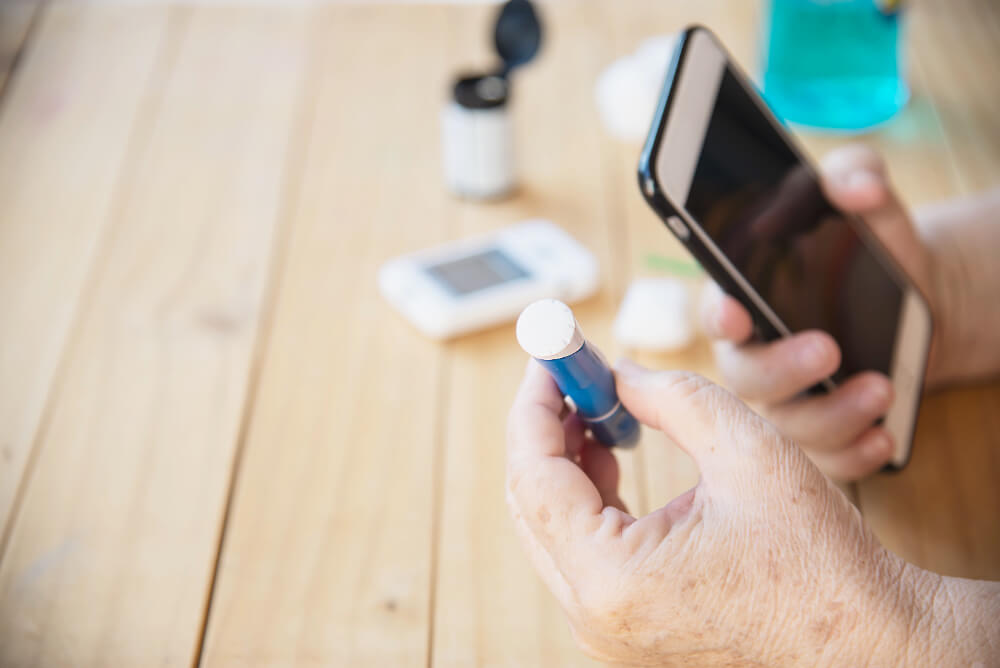Primary Care Physician for Diabetes Management
Diabetes, a chronic condition characterized by high blood sugar levels, affects millions of people worldwide. Effective diabetes management is crucial for preventing complications such as heart disease, stroke, kidney disease, and nerve damage. Primary care physicians are at the forefront of providing comprehensive care for individuals with diabetes.
The Role of a Primary Care Physician in Diabetes Management
A primary care physicians plays a crucial role in managing diabetes. Their responsibilities include:
Diagnosis
- Initial Screening: Regular check-ups, including blood sugar tests, can help identify individuals at risk for diabetes or diagnose the condition early on.
- Diagnostic Tests: If diabetes is suspected, additional tests, such as HbA1c tests and oral glucose tolerance tests, may be ordered to confirm the diagnosis.
Treatment Planning
- Personalized Treatment Plans: Primary care physicians develop individualized treatment plans based on the patient’s specific needs, including medication, diet, and exercise.
- Medication Management: They prescribe and monitor the effectiveness of diabetes medications, such as insulin, oral medications, or injectable medications.
- Lifestyle Modifications: They provide guidance on lifestyle changes, including dietary modifications, regular physical activity, and weight management.
Monitoring and Follow-up
- Regular Check-ups: Regular check-ups allow the physician to monitor blood sugar levels, blood pressure, and cholesterol levels.
- Laboratory Tests: Periodic blood tests are conducted to assess kidney function, liver function, and other health markers.
- Eye Exams: Regular eye exams are important to detect and treat diabetic retinopathy, a common complication of diabetes.
- Foot Exams: Regular foot exams can help prevent diabetic foot ulcers.
The Importance of Self-Management in Diabetes Care
While primary care physicians play a vital role in diabetes management, self-management is equally important. Patients with diabetes should:
- Monitor Blood Sugar Levels: Regularly monitor blood sugar levels using a glucose meter.
- Follow a Healthy Diet: A balanced diet low in carbohydrates and saturated fats can help regulate blood sugar levels.
- Engage in Regular Physical Activity: Exercise can help improve insulin sensitivity and lower blood sugar levels.
- Manage Stress: Stress can affect blood sugar levels, so it’s important to practice stress-management techniques like meditation or yoga.
- Adhere to Medication: Take medications as prescribed and avoid missing doses.
- Attend Regular Check-ups: Regular visits to the doctor can help identify and address potential complications early on.
Preventing Diabetes Complications

With proper management, individuals with diabetes can live long, healthy lives. However, it’s crucial to prevent complications such as:
- Heart Disease: High blood sugar levels can damage blood vessels, leading to heart disease.
- Stroke: Diabetes can increase the risk of stroke.
- Kidney Disease: High blood sugar levels can damage the kidneys.
- Nerve Damage: Nerve damage can lead to numbness, tingling, and pain in the hands and feet.
- Eye Damage: Diabetes can damage the blood vessels in the eyes, leading to vision loss.
Technology in Diabetes Management
Advancements in technology have revolutionized diabetes care. PCPs incorporate tools such as:
- Continuous Glucose Monitors (CGMs): For real-time blood sugar tracking.
- Telemedicine: To provide remote consultations and follow-ups.
- Mobile Apps: Assisting patients with medication reminders and tracking progress.
By leveraging technology, PCPs enhance patient engagement and improve outcomes.
Conclusion
Primary care physicians are indispensable in the management of diabetes. Their comprehensive approach, combining medical expertise, patient education, and collaborative care, ensures that patients can lead healthier lives despite their diagnosis. Through continuous monitoring, personalized treatment plans, and the integration of technology, PCPs empower patients to take control of their condition.
Contact our Primary care physician for comprehensive diabetes management (469) 200-5974 Or visit us https://scclittleelm.com/

